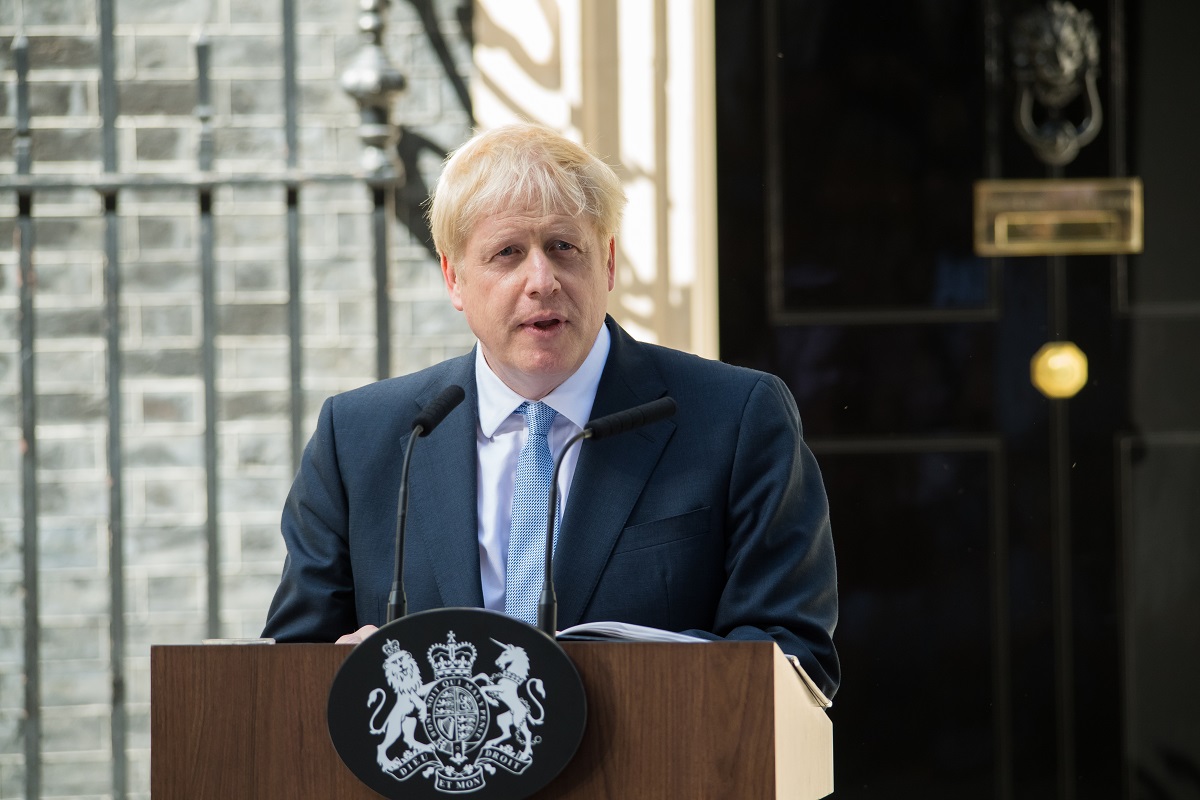With a Conservative government in place with a strong majority, we look at what this means for estate and letting agents and the property market.
Ian Springett, Chief Executive Officer of OnTheMarket, said:
“Brexit uncertainty has long been a drag on buyers, sellers, landlords, tenants and agents who have been working in challenging conditions to help keep the housing market moving. This has been against a backdrop of failed promises across successive governments to impact the market while Housing Ministers have come and gone through a revolving door.
“From today, we hope that the housing market benefits from greater political clarity to restore confidence amongst those ‘wait and see’ buyers and sellers who have put their plans on hold.”
Liam Bailey, Global Head of Research at Knight Frank, said:
“This (result) will, for the time being, end the uncertainty of a no-deal Brexit and pave the way for the release of some of the pent-up demand that has built in property markets in recent years. The extent to which this translates into transaction activity in the short-term will depend on the size of the pricing expectation gap between buyers and sellers.
“Supply is likely to rise as political uncertainty recedes and private and public spending stimulate the UK economy. This will put downwards pressure on prices, however some vendors may expect a bounce in prices, which may create a stand-off between buyers and sellers as the market re-prices.
“A shortage of supply in the lettings market may be further exacerbated as owners attempt to capitalise on any perceived ‘bounce’ and list their property on the sales market, which would put upwards pressure on rental values.”
Nick Leeming, Chairman of Jackson-Stops, said:
“Over the last few years, both buyers and sellers have done well to adjust to the ongoing uncertainty facing our country, yet we hope that today’s result will finally provide some reassurance to the property market.
“In the lead up to Boris being elected Prime Minister, he spoke widely about stamp duty cuts for UK residents, yet this quickly fell by the wayside as he settled in to No.10… [it was] disappointing to see the party’s manifesto only focussed on increasing the amount of stamp duty payable for non-UK residents – done in an attempt to take the heat out of the property market.
“If we are to give the economy the much-needed boost it needs, what we actually need is to reduce the burden of stamp duty across the wider UK housing market… the government needs to provide far greater support to key demographics such as first-time buyers, young families and downsizers.”
David Westgate, Group Chief Executive at Andrews Property Group, said:
“The property market will be one of the main beneficiaries of the decisive General Election result.
“Such a conclusive victory for Boris Johnson has the potential to turbocharge the property market and get it out of its current rut. The certainty that comes with a 5-year administration will create confidence and bring back the aspirational buyers and sellers that have been lacking since the EU referendum result.
“For three years the property market has been gripped by political uncertainty and deadlock but now it can finally move on. There’s every chance we are now at the beginning of a market cycle that may not peak until 2027 or beyond, with growth of around 4% a year.”
Lucian Cook, Director of Residential Research at Savills, said:
“The election of a Conservative majority government is in line the assumptions which we made when we prepared our house price forecasts back in November.
“These suggest only modest price growth in 2020 on the basis that, despite domestic political uncertainty receding, some economic uncertainty will remain until a trade deal is agreed with the EU; even if, as is widely expected, the UK leaves the EU by the end of January without a further extension of article 50.
“This could mean a bounce in demand in the first part of 2020 but prove difficult to sustain through the summer months and into the autumn market.
“There is a possibility that some buyers and sellers hold out for a stamp duty cut that was floated by Boris Johnson during the Conservative party leadership election over the summer. However this was noticeable by its absence in the Conservative Party manifesto. Instead, we saw proposals for a further 3 per cent stamp duty surcharge on buyers who are not resident in the UK.
“If anything, we think this is likely to support demand from overseas buyers in the short term as they seek to buy before it is imposed.”






